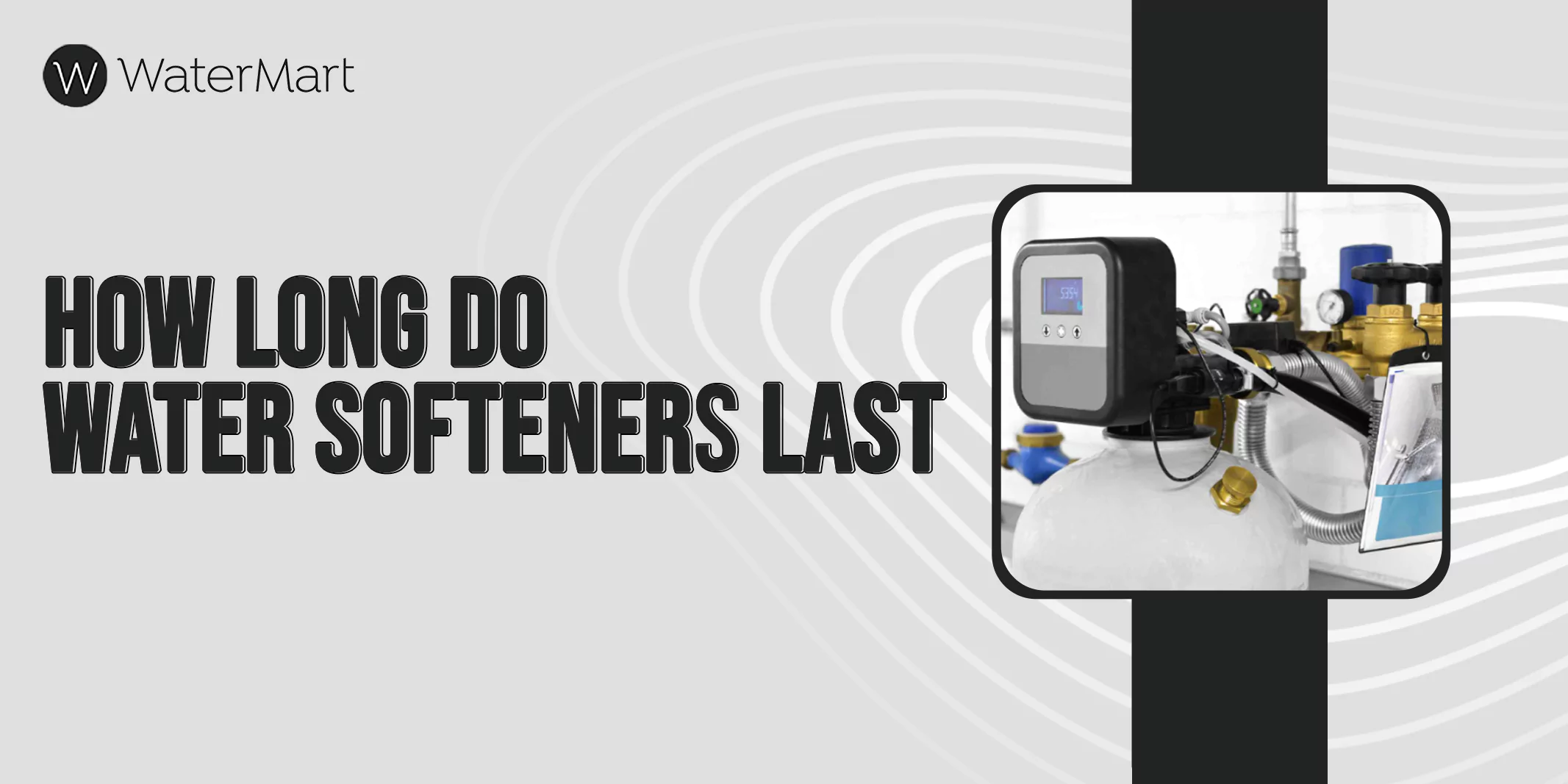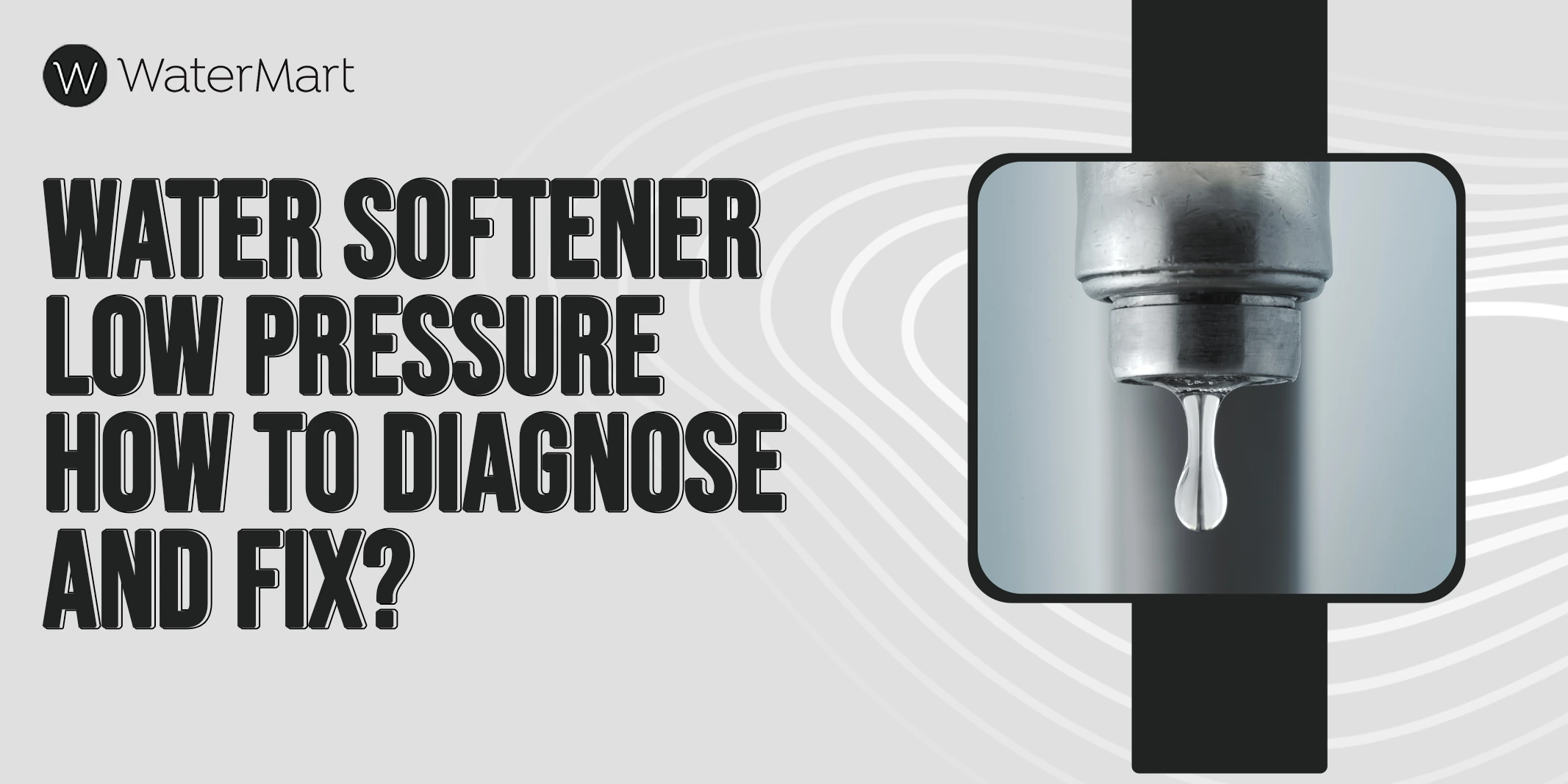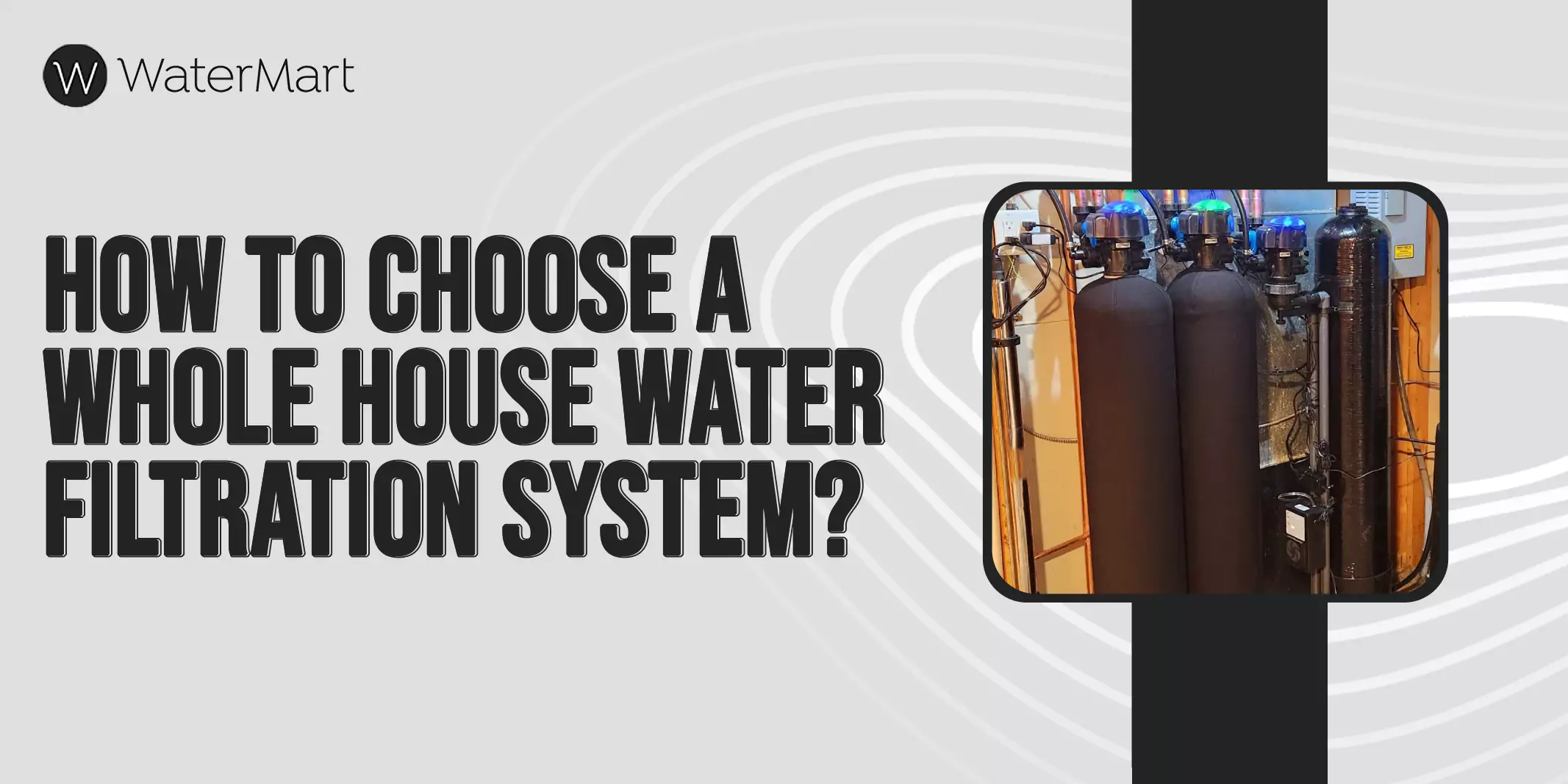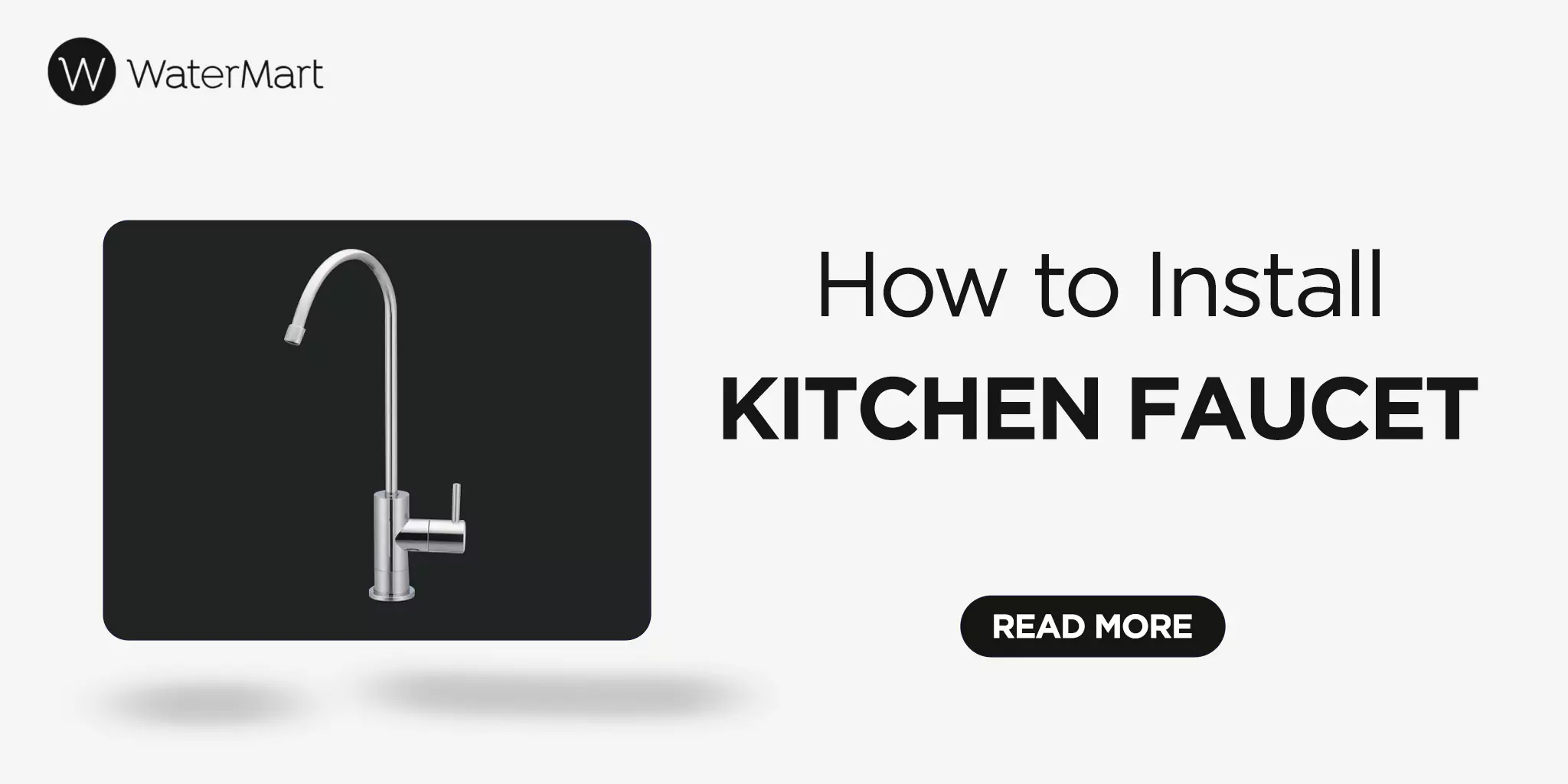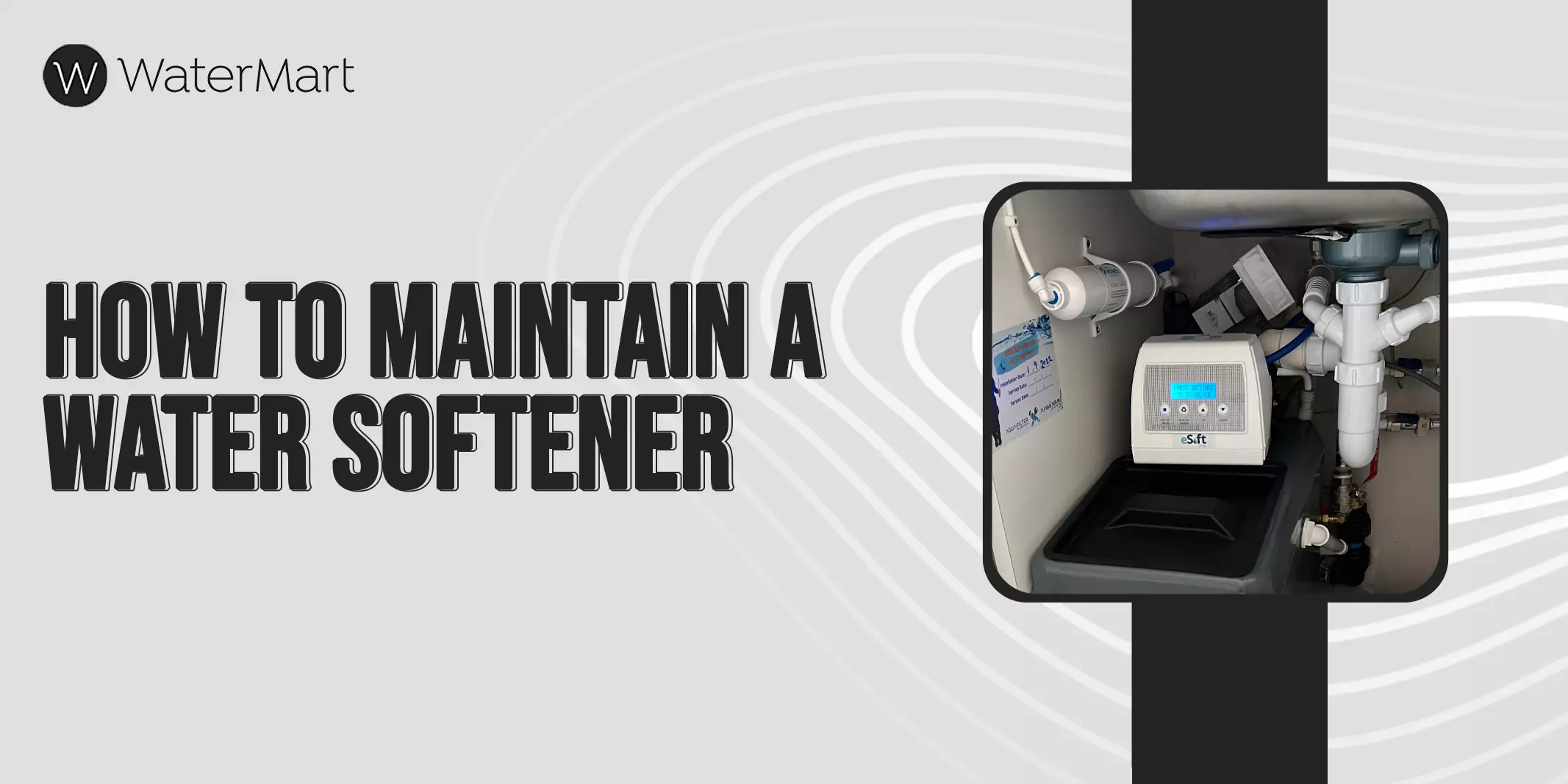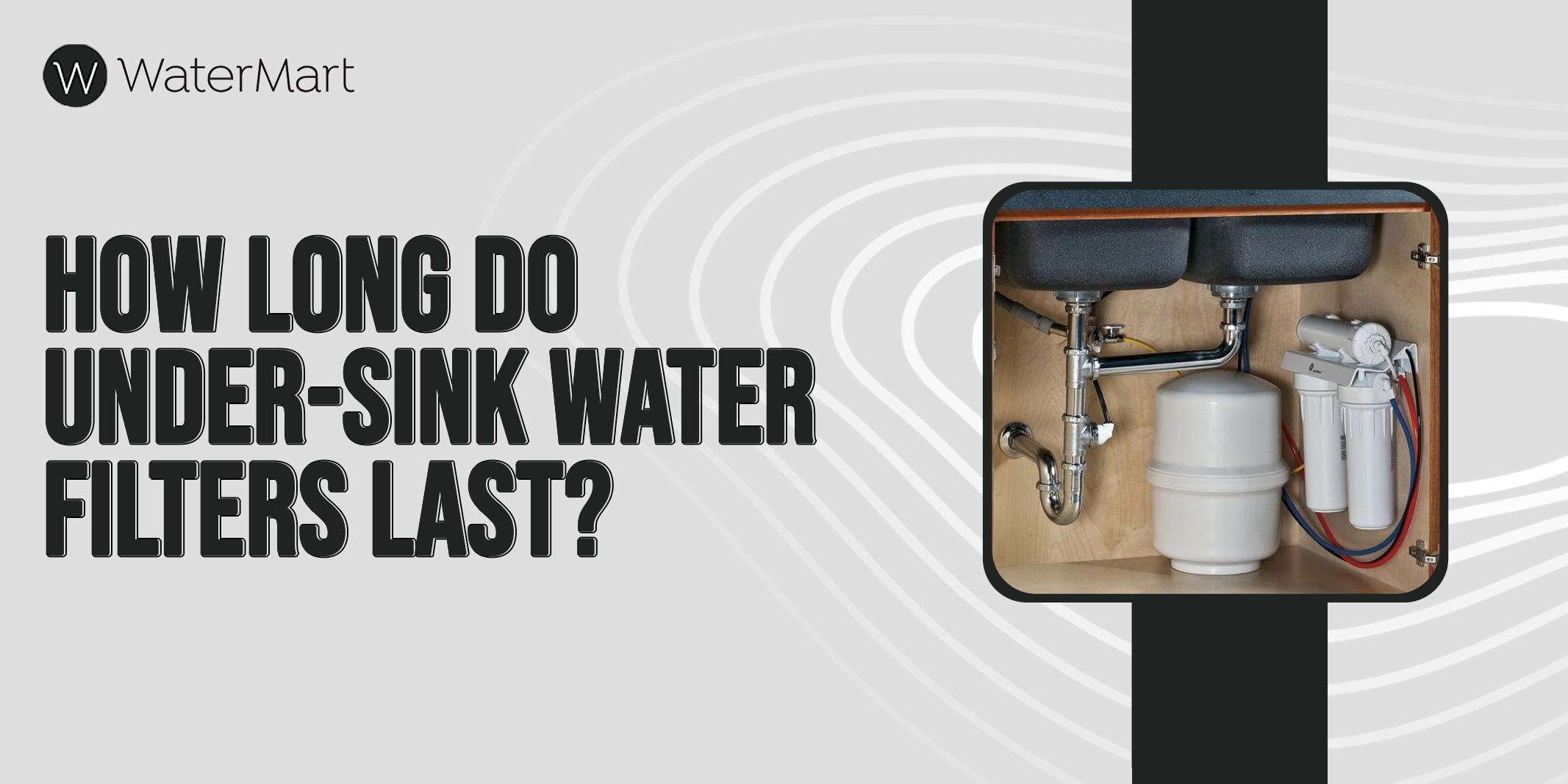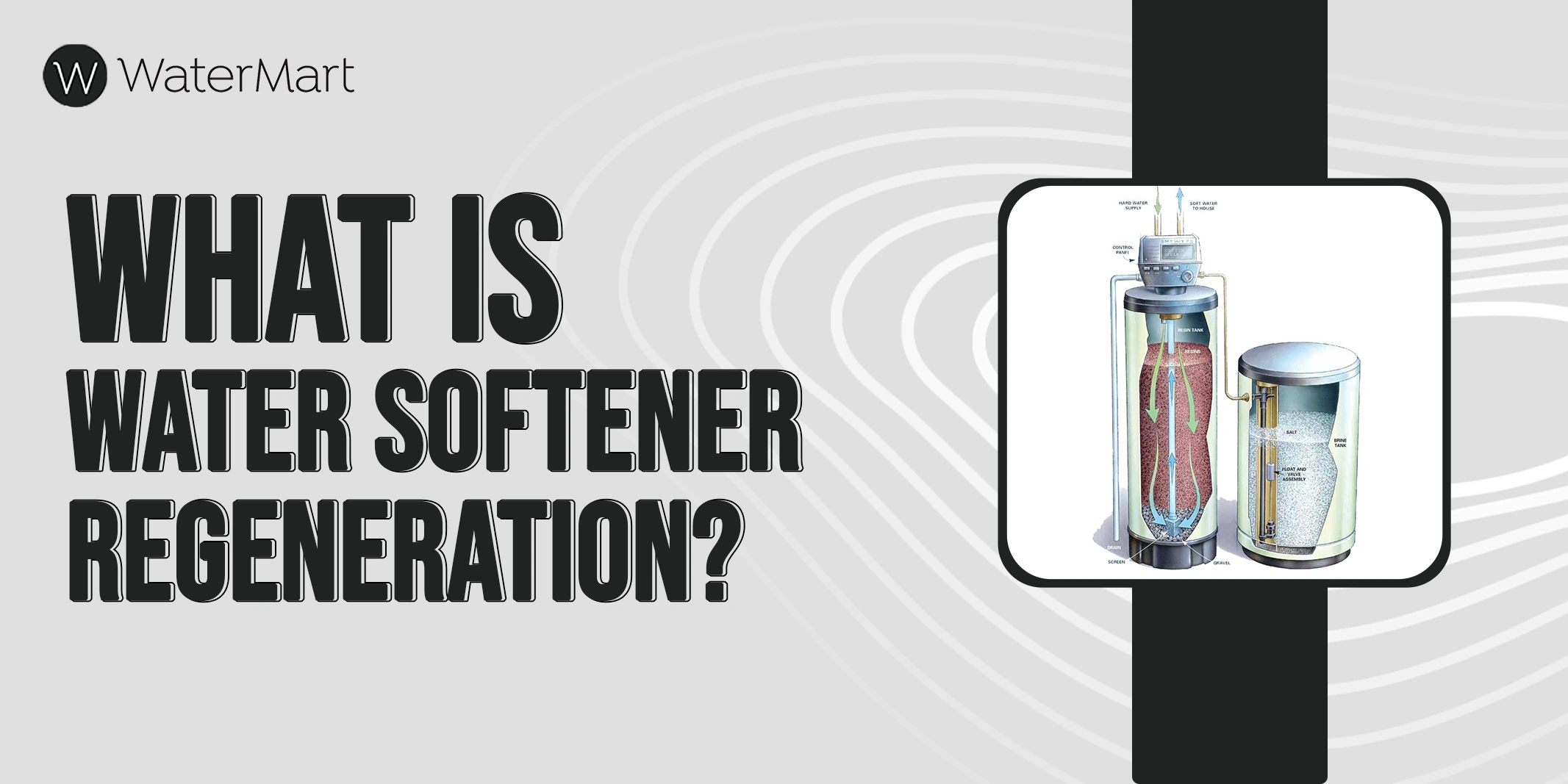Your cart is currently empty!
How Long Do Water Softeners Last?
If you live in regions with hard water problems, you already know the importance of water softeners. Water softeners, if maintained properly, provide several benefits, including cleaner dishes, clothes, and utensils.
However, over time, you’ll realize that your softener isn’t working the way it should. The scale buildup and soap scum start accumulating again—the clothes aren’t as clean as they used to be and the soap isn’t lathering. That’s because your water softener has a life expectancy that it has finally reached.
In this article, we’ll discuss the lifespan of water softeners and the factors that affect them. Also, we’ll highlight some important tricks to make your water softeners last longer.
Stay with us!
Common Signs Of Water Softener Failure
One of the most common signs of water softener failure is when the hard water returns.
Some other tell-tale signs of water softener failure are:
Difficulty Lathering
If you notice your soap has suddenly stopped lathering, the chances are your water softener isn’t functioning properly.
Now, it’s not always the case of water softener failure. Sometimes, difficulty in lathering or no lathering can be a result of a minor malfunction or issues with the regeneration cycle.
However, if your water softener is around 10 to 15 years old, there is a high chance that you need a new softener.
Laundry Issues
Have you been enjoying clean, fresh, and soft clothes all these years? Suddenly, you’ll notice that even after using a fabric conditioner or softener, the clothes turn out stiff and scratchy. Sometimes, the colors turn dull and faded, and you don’t understand the reason.
The reason could be as simple as minerals depositing on your fabric that which affects your washing machine’s cleaning ability.
Scaly Buildup On Water Fixtures
Water fixtures are the most common places to look out for scale buildup and soap scum. If you notice white, crusty buildup on faucets, showerheads, and dishes, your water softener isn’t functioning properly.
Changes In Water Taste
Changes in water taste can be due to many different reasons, including your water softener. However, if you notice a metallic taste in your water, it’s because the resin beads are nearing their end and your water softener requires replacement from a reputable service provider.
Water Softener Age
The age of the water softener is the most crucial factor in determining the failures. If your water softener is brand new and poses challenges to you, get it checked with professional water treatment experts to address the problem.
However, if your water softener is 10 to 15 years old, know that it has reached its full potential and demands a replacement. Once your softener hits 10–15 years, it’s time to upgrade. You can also look for alternatives to a water softener system to reduce maintenance and avoid salt-related issues.
What does a Water Softening System do For Your Home?
Water-softening solutions are a blessing in disguise for people who struggle with hard water regularly. The privilege of drinking pure, clean water is a pure blessing.
Water softening solutions soften the hard tap water by removing all the dissolved minerals, including Calcium and Magnesium. As a result, you get pure, clean, and safe drinking water free of minerals. The soft water helps reduce scale buildup, soap scum and get rid of dry, brittle nails, hair, and skin.
All in all, water softening systems are an outstanding way to turn your hard water into soft water without spending thousands of dollars and time.
At WaterMart, you can schedule a FREE water testing service to see if you have hard water. You can also order our unique water softening solution on rent or purchase.
Water Softener Life Expectancy & Factors That Affect It
The life expectancy of water softeners, if taken good care of, and maintained yearly, lasts you for over 10 and 15 years.
Here are some of the factors that affect the lifespan of your water softener.
Frequency of Use
The lifespan of a water softener depends on two major factors: water usage and water hardness.
In short, the more water you use, the more your water softener works. Similarly, the harder the water, the more work for your water softener.
Extremely hard water enables your water softener to regenerate more often. This may result in more wear and tear of the resin bead or control valve.
Therefore, it’s important to maintain your water softener according to your usage.
Quantity of Water Being Treated
Water softeners that use a large load of water experience more wear and tear than those that don’t. One of the reasons is that it frequently regenerates to handle the demand for soft water. The softener regeneration process, if done frequently, puts so much pressure and stress on the internal components that they fail much earlier than expected.
Though highly efficient water softener system are self-cleaning, we still recommend cleaning the brine tank and adding salt on schedule to increase the lifespan.
Regular Maintenance
Regular maintenance of your water softener affects its lifespan in a good way.
With regular upkeep and maintenance, you will experience fewer problems, including mineral buildup and clogged elements. This is because regular maintenance allows your water softener to function properly.
Moreover, while performing regular maintenance, you can detect water softener issues much earlier before they become major ones. Also, it ensures your water softener works smoothly without much wear and tear.
Tips For Making Your Water Softener Last Longer
Besides regular maintenance and upkeep, here are a few tips to make your water softener last longer.
Clean the Brine Tank
The brine tank is the heart of your regeneration process. It provides the brine solution to clean the resin beads, resulting in optimal performance of your softener.
To make sure your softener works smoothly, clean the brine tank properly, so it is free of all the grime, dirt, and mineral buildup.
We recommend deep cleaning the brine tank annually to prevent major problems, such as salt bridges.
Maintain the Salt Level
The level of salt should be sufficient for proper regeneration. If the salt is insufficient, your water softener will not work efficiently. However, too much salt leads to waste and damage to softener components.
Therefore, salt levels should always be in the recommended range for the system to operate smoothly.
Prevent and Remove Salt Bridges
Salt bridges are the main culprit for your water softener failure. They are the result of salt clumps that are not in proper contact with water.
Salt bridges block the flow of a strong brine solution, resulting in inefficient working of your softening systems.
To cater to this, we recommend using the right salt, specially designed for softeners and maintaining water levels in the brine tank. Salt-based softeners can cause issues like salt bridges and frequent brine tank cleaning. Magnetic water softeners use magnetic fields to reduce scale without salt or resin beads, so they need less maintenance and have fewer problems.
What Are The Ideal Features of An Efficient Water Softener?
So, you’ve finally decided to make the right choice of choosing a water softener to treat hard water? Wise decision!
But how do you choose a system that works exceptionally well? There are some factors to consider before investing in a water-softening solution that delivers results. For example, installing a water softener with the latest smart technology that offers superior convenience.
When it comes to making a final decision, consider the factors such as;
More Operating Efficiency
Many advanced water softeners offer superior efficiency by reducing water and salt usage while maintaining performance.
Many modern options offer efficient water-softening solutions that use sensors to track water usage and initiate the regeneration process accordingly to save more water, energy, and salt.
WaterMart’s water treatment solutions offer a control and monitoring feature that prevents leaks by automatically shutting off your water.
Customization
Some people like their water extremely soft, while others go for moderately hard. Efficient water systems offer flexibility in choosing your desired softness levels.
At WaterMart, we provide customized filtration solutions tailored to your individual needs, such as water hardness levels, water usage, and household size.
Water and Salt Usage Tracking
Say goodbye to manual water and salt usage tracking with modern softening solutions.
Highly efficient water solutions send alerts on your mobile app about any leaks or low salt levels.
Furthermore, you can monitor real-time updates, including water usage and salt levels, that help in water conservation.
Remote Management
Operating a water softening system becomes much easier when done remotely through an app.
Suppose you’re washing your car or watering your lawn, and don’t want your soft water to go down the gutter line. Remote management allows you to easily put your soft water supply on hold with the click of a button.
Meanwhile, you can also set a timer for the bypass to restart the softening process effectively.
Less Maintenance
High-performing smart water softening solutions require less maintenance as they are designed to consume less energy and minimize waste. Some options, such as WaterMart’s softening solutions, are self-cleaning, ensuring optimal performance with complete peace of mind.
Upgrade Your Water Softener System Today
Are you tired of stubborn stains, soap scum, and rings around the bathtub in Toronto? Fret not. You can keep on enjoying all the necessary benefits of a water-softening system for a good 10 to 15 years if maintained properly.
Also, investing in a smart water softening solution that delivers exceptional features remotely is a win-win for your household.
Are you ready to upgrade your water softener to a more reliable and durable one? Contact us today for a FREE water consultation. Also, get an unlimited supply of soft water that lasts you for years to come.
Conclusion
Modern water softeners don’t require much to last longer. Just a bit of maintenance with salt renewal and a clean brine tank to deliver top-notch results.
However, if your water consumption is high and water is extremely hard, make sure to perform regular water filtration maintenance and monitor your salt levels to keep your softener functioning properly.
WaterMart has smart water softening solutions that come with amazing upgrades and add-ons you can use for soft water at your convenience. Nonetheless, performing a water test before installing any water treatment solution is essential. Our team of experts tests your water for FREE and provides consultation based on your needs and individual preferences.
Schedule a call with us today for a better, cleaner, and fresher tomorrow.
FAQS
What are the Signs that Your Water Softener Might be Failing?
A faulty water softener will show the following tell-tale signs:
- Soap not lathering
- Leaks around the tank
- Loud noises during the regeneration process
- Dry skin with brittle and lifeless hair
How Long Does a Water Softener Typically Last?
The lifespan of your water softener depends on many factors, including water consumption, water hardness levels, household size, and the quality of your water softener.
Efficient water softeners typically last for around 10 to 15 years when maintained properly.
Should I Repair or Replace my Water Softener?
If your water valves or tubs are leaking, you may choose to repair the water softener for the short term. However, if your water softener is 10 or more years old, with scale buildup and soap scum. You may need to replace your water softener.
However, we recommend consulting a water treatment specialist to give you the best advice according to your needs.
Do Water Softeners Expire?
Yes, like all appliances, water softeners also expire. However, if you maintain them regularly and perform salt changes, they will last you for 10 to 15 years.
